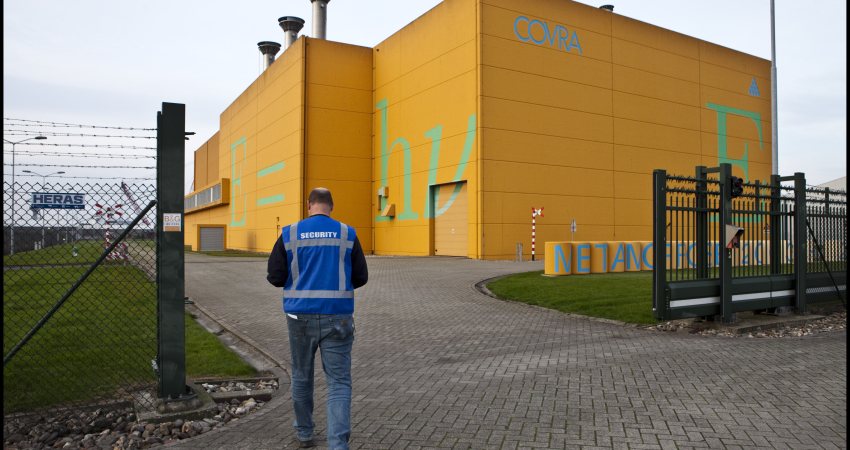Frequently asked questions

The State Secretary for Infrastructure and Water Management has asked the Rathenau Institute to advise on what decision-making on the long-term management of radioactive waste in the Netherlands might look like. For this advice, we have examined, among other things, how radioactive waste policy has developed over the past 70 years. Based on this study, we extracted insights for future decision-making.
The historical study is the first publication since the start of the project in 2019. More publications will follow soon. We also for example study how other countries shape decision-making on radioactive waste. In addition, we also examine the development and exchange of knowledge on the long-term management of radioactive waste. Furthermore, we are mapping which laws and regulations are (necessary) for this management. Taken together, these studies will form the basis of the advice we issue in 2024.
Historical knowledge can help to better understand current radioactive waste policy. This study shows how the policy came about and who was involved. From this, we can draw lessons relevant to the future decision-making process.
The report contains ten insights relevant to future decision-making. The report describes how radioactive waste policy developed over the past 70 years. The Netherlands managed to materialize a centralised above-ground storage during that period. The current radioactive waste policy foresees an operational geological disposal around 2130. That seems far away, but this study shows that decision-making on radioactive waste is complex and takes time.
Much has been written about the history of radioactive waste and nuclear power in the Netherlands. In this study, we looked specifically at the decision-making process surrounding radioactive waste. In doing so, we do not only look at the political domain. We also examined how other domains were involved in radioactive waste management. For example, the study shows how knowledge and technology played a major role in decision-making. From the 1980s onwards, Societal actors increasingly became involved from the 1980s onwards. International laws and regulations have also influenced Dutch policy.
This study also provides new insights into the interplay between local, national and international players. We see, for instance, that small communities can play a major role in the development of international guidelines and treaties. For instance, the international ban on sea dumping began with local protests by coastal residents in Norway. This research shows how effective such local initiatives can be.
Seventy years ago, there was no radioactive waste management policy. High-level waste was reprocessed and stored. Low- and medium-level waste was buried or dumped in the sea. In the 1950s, there was even an idea among some that radioactive waste could be useful, for example, for applications in the food and medical industries. Newspapers even wrote that there could be a shortage.
As scientists learned more about radioactive radiation, the practice of dumping and burying changed. The Netherlands developed policies to protect the environment and public health. Today, the Netherlands temporarily stores waste in a central, above-ground facility in the province of Zeeland. The Netherlands opted for a relatively long period of above-ground storage. Current policy envisages permanent deep underground storage around 2130.
During the emergence of nuclear technology in the 1950s, politicians, scientists and companies were mostly involved. Since the 1970s, civil society organisations have played a bigger role. Both citizens and scientists expressed concerns about radiation and waste. Moreover, there was dissatisfaction with the way politicians made decisions. Citizens and civil society organisations wanted more participation in the process.
The international community also influenced Dutch policy. Based on international treaties and directives, the Netherlands adjusted its laws and regulations. Protests by the international environmental movement helped put the handling of radioactive waste on the agenda in the Netherlands. And the Netherlands collaborated with other countries on research into geological disposal.
